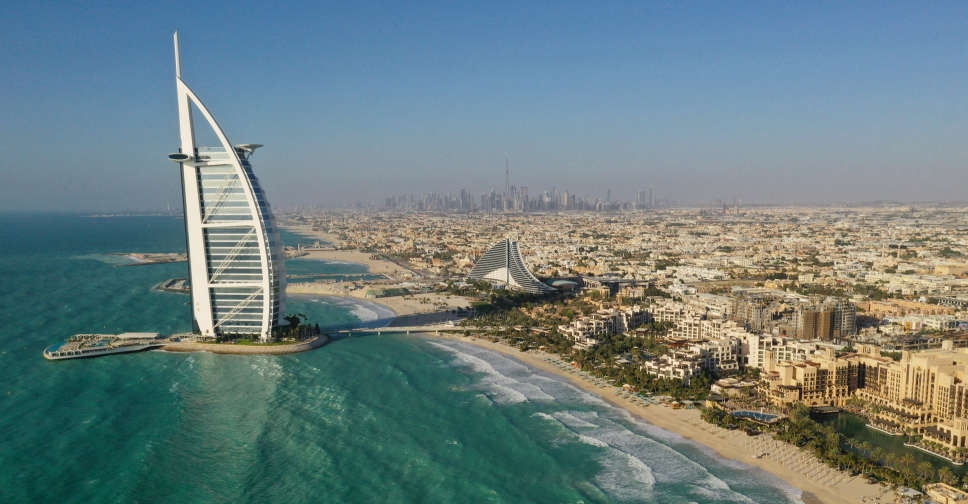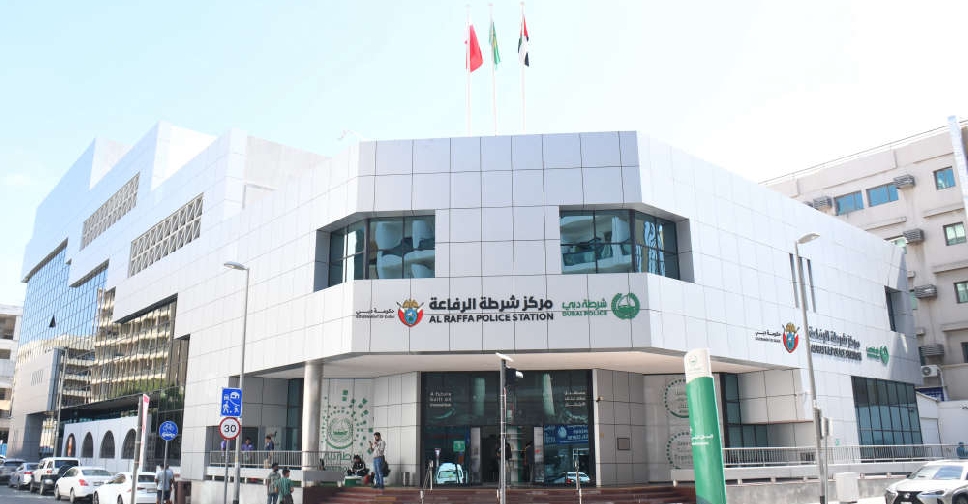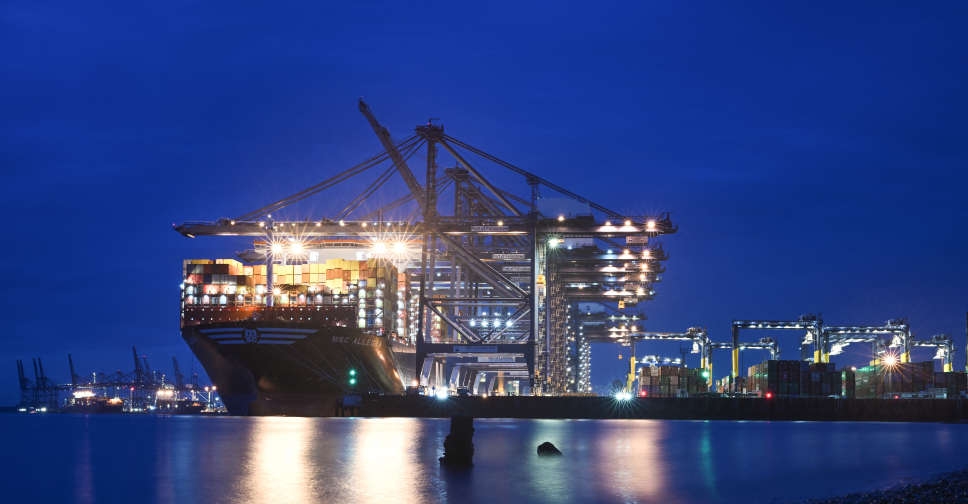
Dubai has risen three places in the Mercer's annual city ranking, which is compiled to offer insights to those making decisions on global mobility operations and international assignees.
According to Mercer's 2024 Cost of Living Index, Hong Kong, Singapore and Zurich are currently the costliest cities for international workers, retaining the same positions they held last year.
Likewise, the cities that ranked the lowest for living costs are Islamabad, Lagos and Abuja.
On a regional level, Dubai became the most expensive place for international employees to live in the Middle East.
Abu Dhabi is ranked 43rd globally, Riyadh came in at 90th spot and Jeddah in 97th position.
Mercer's Career and Workforce Products Business Leader for the MENA region Ted Raffoul explained to ARN that the main factor contributing to Dubai's rise this year is rental price increases.
"Dubai is the city with the fastest rent increase over the last annual period of all major cities in the world," said Raffoul.
"If you look at the other cities that grew that high as well, you're talking Hong Kong, you're talking Singapore, generally there's a lack of space in those cities, there's always been a consistent problem when it comes to supply.
"You could speculate there's a similar problem in Dubai as well but there's also massive demand in Dubai, I think that's potentially where demand is outpacing supply," he explained.
In terms of what Mercer has measured as a typical 'basket of goods', a dozen eggs has increased 7 per cent in Dubai, year-on-year; olive oil 6 per cent and a cup of coffee 1.6 per cent.
Petrol prices have decreased 7.5 per cent in the last year, however, the price of a haircut has dropped 1.2 per cent, and the price of a pair of jeans has remained unchanged.


 Abu Dhabi shuts four health facilities over sick leave scam
Abu Dhabi shuts four health facilities over sick leave scam
 Dubai Police recover stolen supplies before owner notices theft
Dubai Police recover stolen supplies before owner notices theft
 New regulation boosts Abu Dhabi’s response to environmental emergencies
New regulation boosts Abu Dhabi’s response to environmental emergencies
 14 new housing projects and loans approved for Abu Dhabi citizens
14 new housing projects and loans approved for Abu Dhabi citizens
 Dubai approves key policy reforms to enhance quality of life
Dubai approves key policy reforms to enhance quality of life
 UAE to build hospital in Aden to boost Yemen's healthcare
UAE to build hospital in Aden to boost Yemen's healthcare
 UAE leaders congratulate Pope Leo XIV on historic election
UAE leaders congratulate Pope Leo XIV on historic election
 UAE welcomes ceasefire agreement to protect Red Sea trade
UAE welcomes ceasefire agreement to protect Red Sea trade



